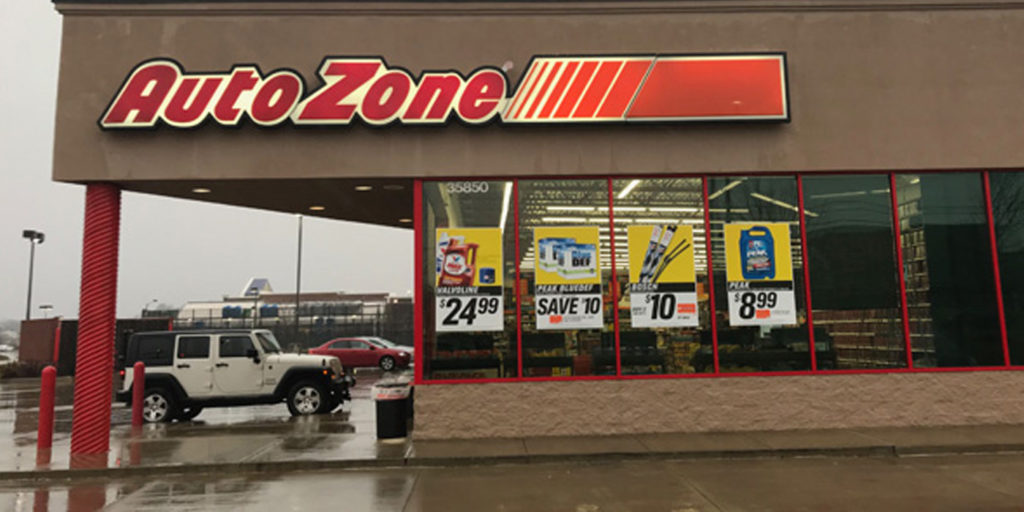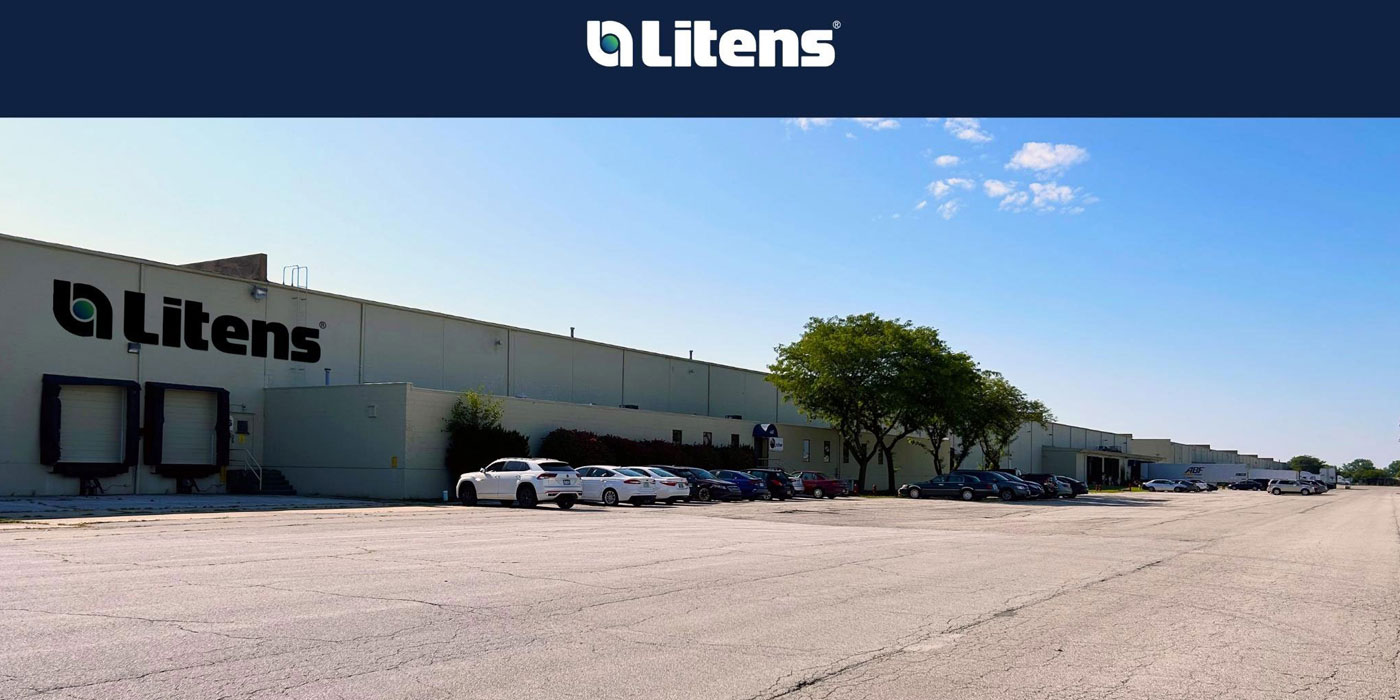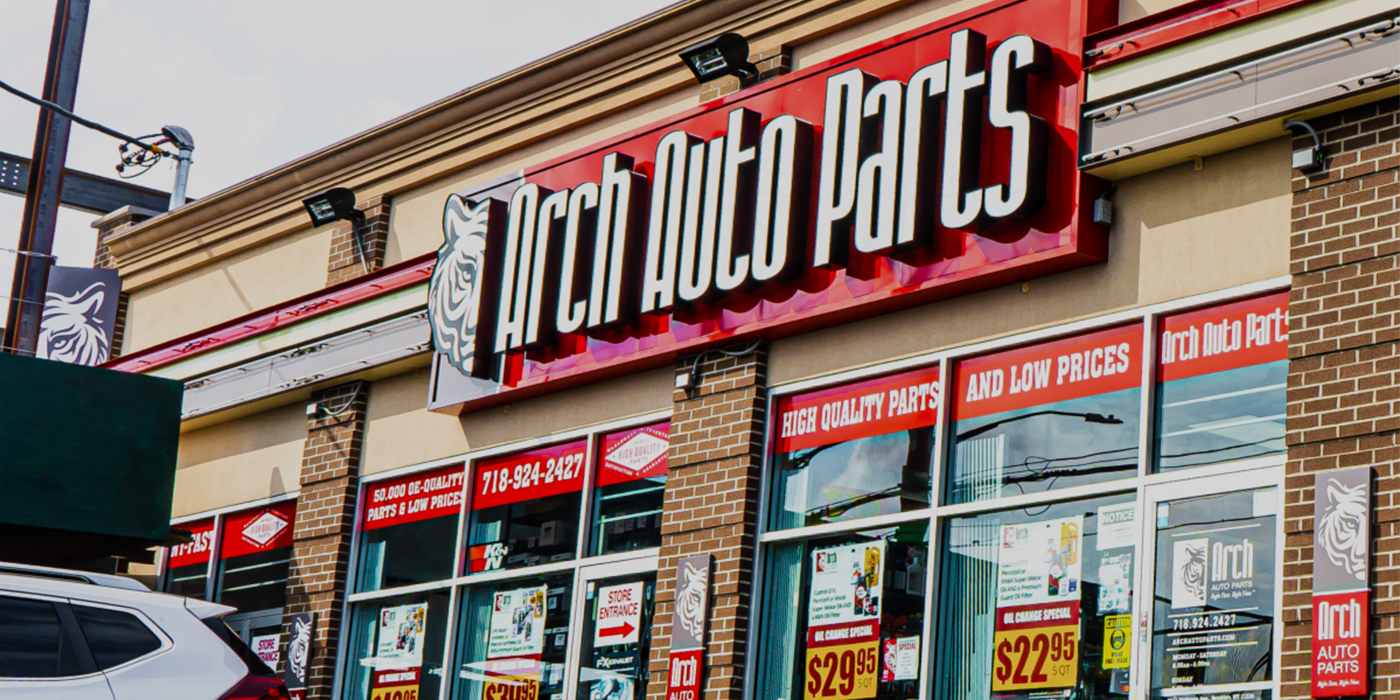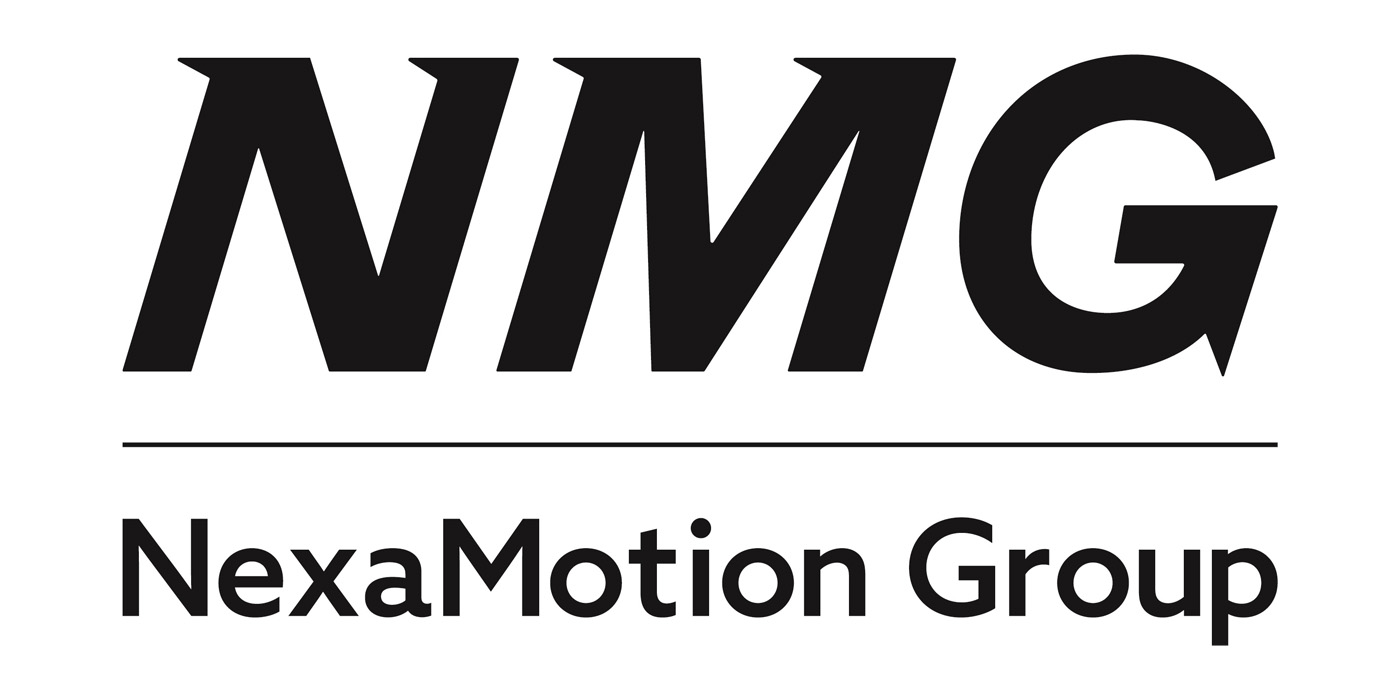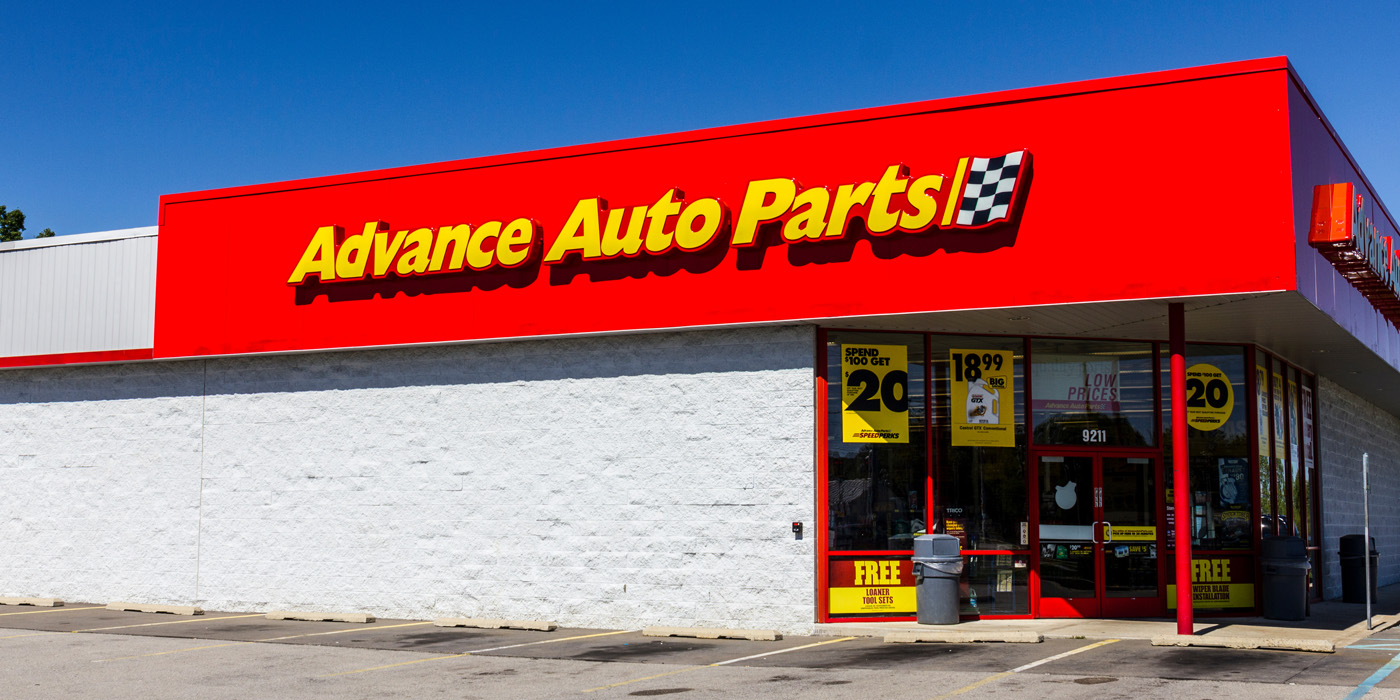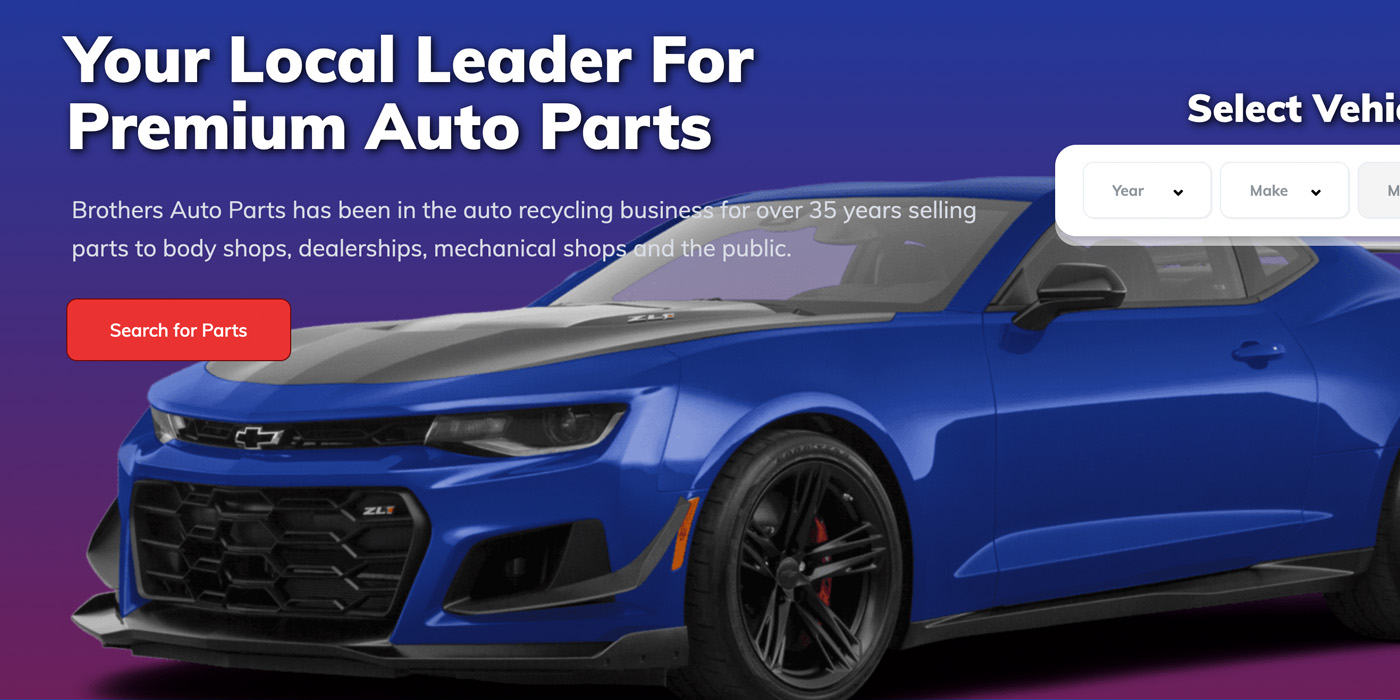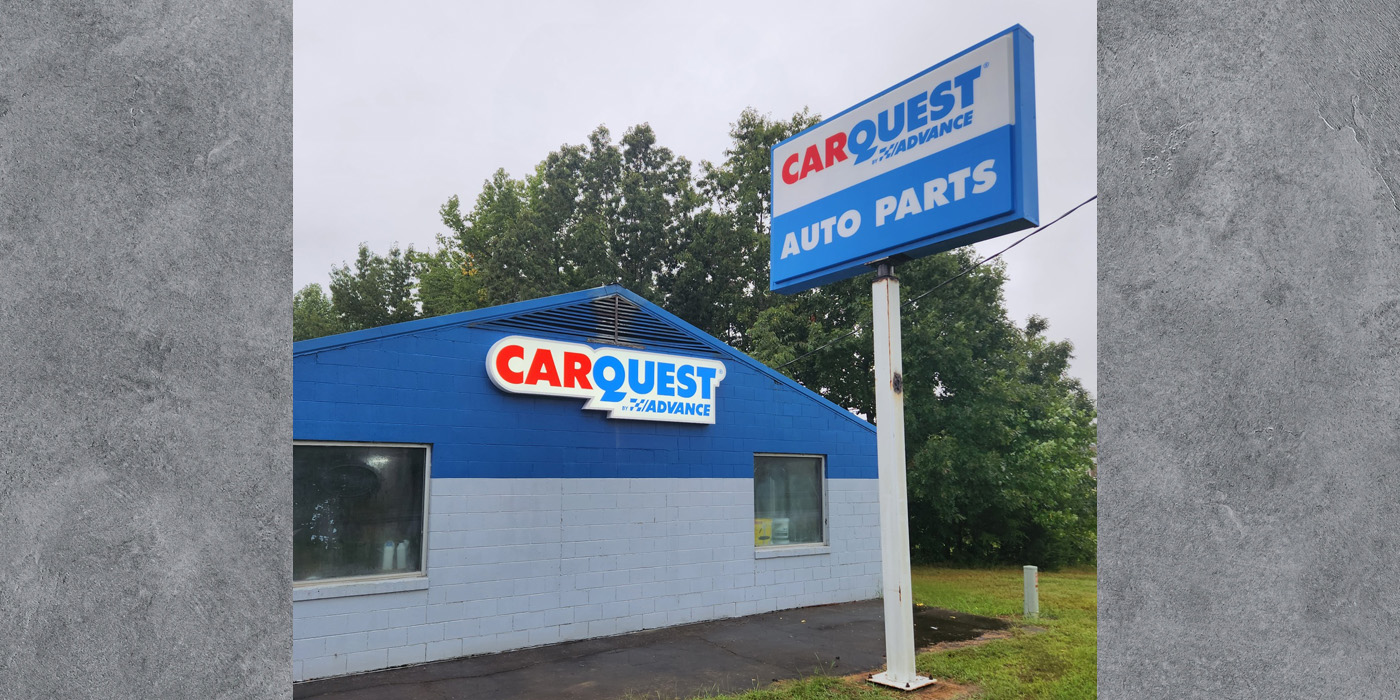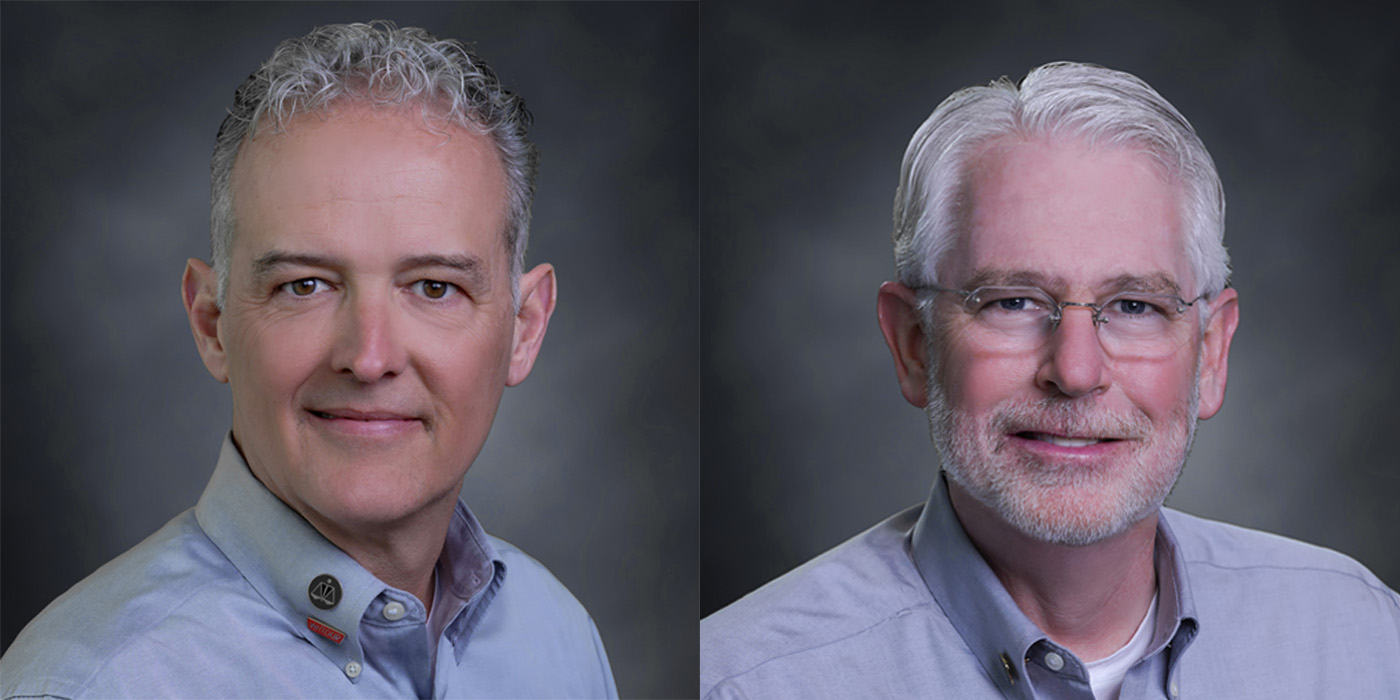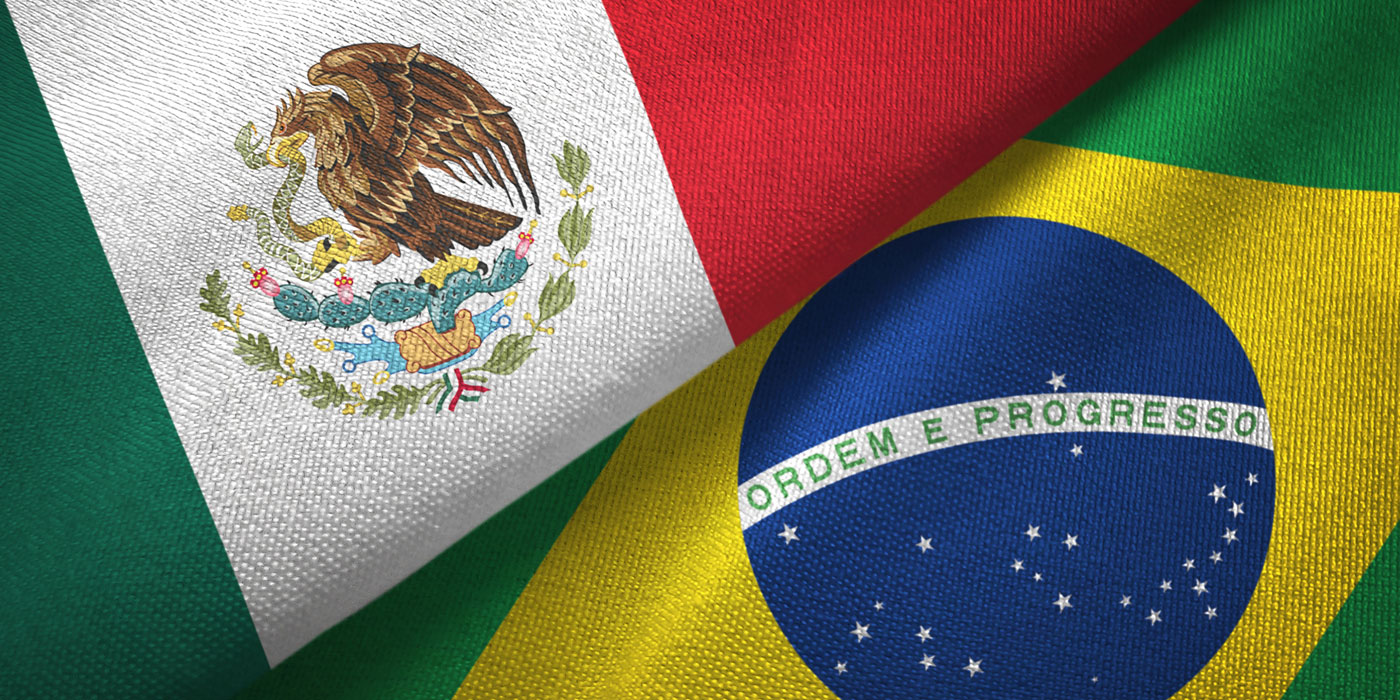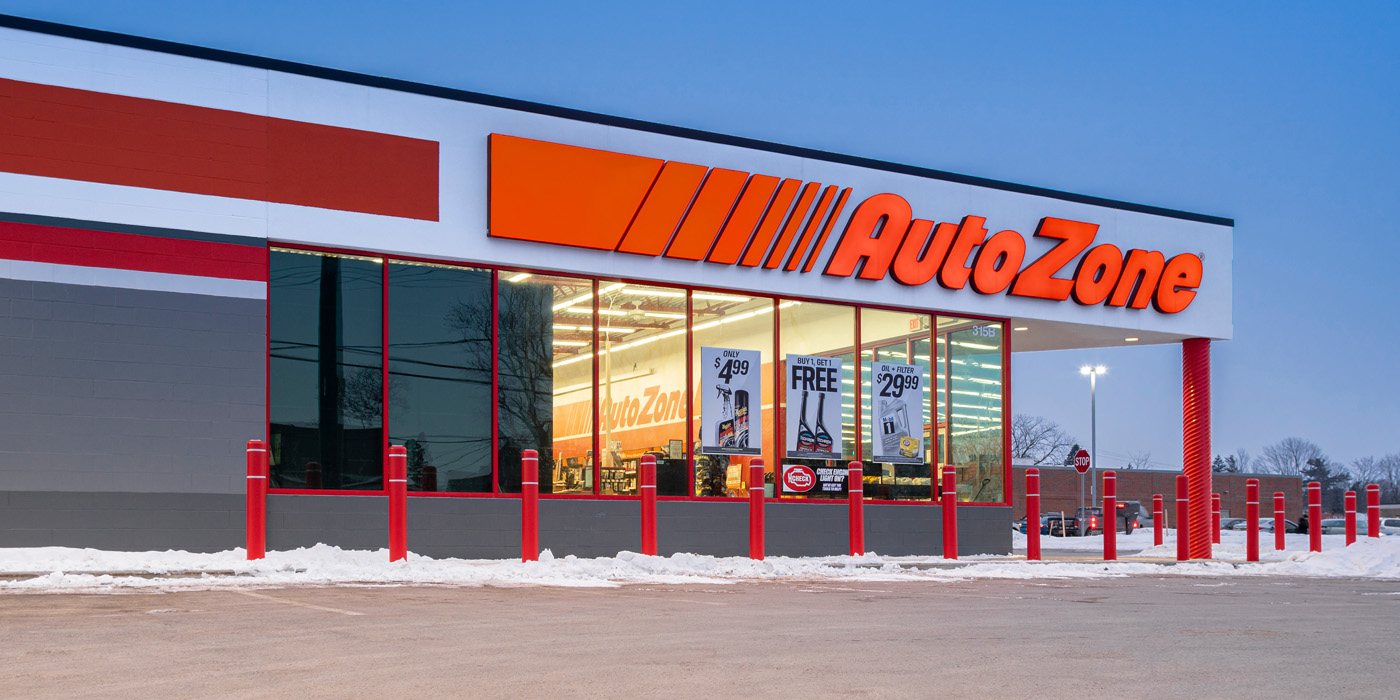Earlier this month, AutoZone reported stellar results for its fiscal 2022 second quarter. DIFM sales set the pace.
For the quarter, which ended Feb. 12, AutoZone reported a 32.1% year-over-year increase in domestic commercial sales. The domestic DIFM sales total of $844 million was a second-quarter record for the company.
Weekly domestic commercial sales per store were $13,500 – another second-quarter record – up from $10,500 in the fiscal 2021 second quarter.
Overall, AutoZone’s fiscal 2022 second-quarter net sales were up nearly 16% to $3.4 billion. Domestic commercial sales accounted for 25% of that total – yet another company record – up from 21.9% of total net sales in the second quarter of FY 2021.
Perhaps the most impressive stat: On a two-year basis, domestic commercial sales are up a whopping 46%.
During the company’s March 1 conference call, AutoZone CEO Bill Rhodes noted that that the company doesn’t have good visibility into industry data that would quantify how much AutoZone has grown its DIFM market share in recent years. However, he acknowledged that “we are quite comfortable that we’re growing share exponentially” versus the overall aftermarket.
On several occasions, Rhodes made a point to emphasize that AutoZone’s recent price cuts have not been the primary catalyst for its accelerated growth in DIFM sales.
“They are an element, not the element of our growth,” Rhodes said. “About four years ago, we embarked on a new strategy in commercial, and we looked at all elements of our offerings. We changed the assortment methodology in every store in the United States. Every store has a different product assortment that leans further into the commercial business today than it did four years ago.
“We also said, ‘How are we going to get significant increase in local-market availability? And we came up with this concept called a megahub store.”
AutoZone’s megahub stores typically stock around 100,000 SKUs, “and drive tremendous sales lift inside the store box as well as serve as an expanded assortment source for other stores,” CFO Jamere Jackson explained during the call.
As of the end of its fiscal second quarter, AutoZone had 64 megahub stores, and Jackson said the company plans to open 14 more megahub locations throughout the rest of its fiscal 2022.
“The expansion of coverage and parts availability continues to deliver a meaningful sales lift to both our commercial and DIY business,” Jackson said. “And we are testing greater density of megahubs to drive even stronger sales results. What we’re learning is that not only are these assets performing well individually, but the fulfillment capability for the surrounding AutoZone stores gives our customers access to thousands of additional parts and lifts the entire network.”
AutoZone executives have stated publicly that the goal is to establish at least 110 meghahub locations, but Rhodes said that number could end up being closer to 200.
“One of the things about the megahubs: Every time we measure them, they do better than our projections – period. Every single time,” Rhodes added.
Rhodes also pointed to improvements in the effectiveness of AutoZone’s front-line sales personnel and delivery drivers, and technology upgrades that make AutoZone “easier to do business with.”
“We’ve taken our sales force – which was relatively immature and, frankly, brand new a decade ago – and as they mature and develop tenure, they’re getting more professional and better at their sales techniques.
“We’ve deployed the single-largest technology endeavor of the company’s history in the commercial business. We’ve enhanced how we interact with our customers digitally. We’ve also rolled out handheld devices to all stores and all drivers, so that when they’re picking the products, we make sure we have the right products, and when we deliver the products, we can understand delivery times. We’re driving our delivery times down about 15% so far, and that’s nowhere near our goal. So we’re improving our service on that front.”
He also pointed to the Duralast battery brand, “which continues to become stronger and stronger across the board.”
Narrowing the Pricing Gap
Regarding the pricing element of the company’s DIFM strategy, Rhodes noted that AutoZone traditionally has been “premium-priced” compared to its competitors, “because our service offering is premium-priced.”
“I’d like to address the subject of pricing, and if AutoZone’s pricing disciplines or philosophies have changed from past practices,” Rhodes said during his prepared remarks. “The short answer is a resounding ‘no.’
“While we initiated a retail pricing adjustment last year in Q1, and further adjusted some commercial pricing in quarters 2 through 4, these moves were done to be price-competitive, but with other channels – not with our direct competitors. Specifically, in the retail business, we reduced our premiums to mass, particularly on highly visible commodity products.
“Regarding the more significant change in commercial, our prices have always, always been meaningfully higher than our WD competitors, as our service level is superior. Our pricing changes over the last year or so have been to narrow – I emphasize narrow – but not eliminate that gap.”
Rhodes asserted that AutoZone’s pricing adjustments have “narrowed that premium by roughly half.”
“While this has created some consternation in the investment community, we think our results have shown that this was a prudent and productive decision,” Rhodes said. “We continue to see our industry as very rational when it comes to pricing strategies. And I want to be clear – crystal clear. I don’t want anyone to conclude that our growth in commercial is solely due to pricing.”

